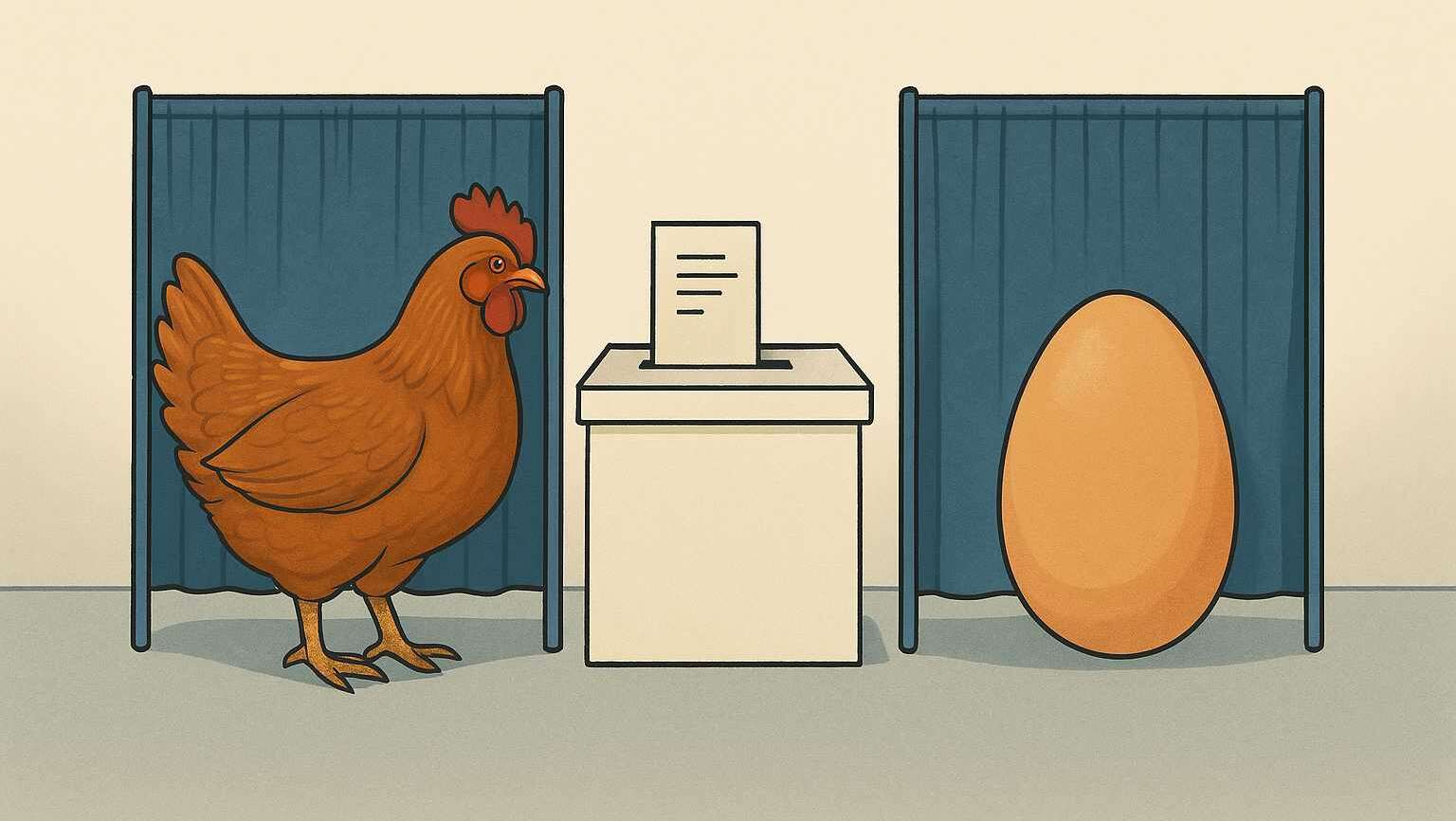Last month a group of parents, attorneys and religious leaders rallied at the California state Capitol in Sacramento to protest a slate of bills that appear to take control for their children’s education out of the hands of parents.1 California seems to be the most prominent site of the legal battles that are fighting for control over our children’s education, but the same battles can be found in several other states. The battle lines can be described in general as the teachers’ unions, the education elites and their liberal leaning supporters versus parents, private schools, home-school organizations and their conservative leaning supporters. The two most important factors in these battles seem to be the quality of education in the United States and the diversity, equity and inclusion curricula that are being advanced by the teachers’ unions, the education elites and their liberal leaning supporters.
As to the quality of the education in the United States most would admit that the situation is dire. A July 20, 2023 article by David Steiner entitled America’s Education System Is a Mess, and It’s Students Who Are Paying the Price2 leads with the quote, “Math and reading scores for 13-year-olds have hit their lowest scores in decades.” This quotation is taken from the National Assessment of Educational Progress (NAEP) which is an evaluation of education outcomes in the United States done under the auspices of the National Center for Education Statistics3 (NCES) and reported in “The Nation’s Report Card.”4 This site contains a wealth of the most current education statistics. For example, in Georgia, the report shows that education in math, science, reading and writing has trended downward since 1992 with no year showing an improvement.
If there is a small silver lining to this educational thunderstorm it is the fact that statistics show that the number of our children being educated in private schools and in home schools is growing rapidly and that these children are far ahead of public schools in those same, very important skills: math, science, reading and writing. Of course, private schools and home schools are the best examples of parents controlling their children’s education.
A NAEP for private education has also been done by the NCES referenced above which is a federal government entity and not at all friendly to private schooling. The most recent assessment concluded in a classic of understatement that “…students in private schools achieved at higher levels than students in public schools.”5 Reading the report, the actual higher percentage of achievement at the various grades and for the studied subjects is dramatic and ought to be required reading for parents considering the education of their children.
Additionally, studies done assessing home-schooled children show that, among several other standards of educational achievement:
- The home-educated typically score 15 to 25 percentile points above public-school students on standardized academic achievement tests. (The public school average is roughly the 50th percentile; scores range from 1 to 99.) A 2015 study found Black home school students to be scoring 23 to 42 percentile points above Black public school students (Ray, 2015).
- 78% of peer-reviewed studies on academic achievement show home school students perform statistically significantly better than those in institutional schools (Ray, 2017).
- Home school students score above average on achievement tests regardless of their parents’ level of formal education or their family’s household income.
- Home-educated students typically score above average on the SAT and ACT tests that colleges consider for admissions.6
The statistics appear to show that if one is concerned about who should control the education of our nation’s children, the government should not only quit trying to take control away from parents and actually find ways to encourage parents’ control of their children’s education. We agree and hope you’ll do your own research. The data cited in this blog are footnoted so that you can look at the articles yourself and here are the links to the National Center for Educational Statistics assessments:
https://www.nationsreportcard.gov and https://nces.ed.gov/nationsreportcard/pubs/studies/2006461.aspx.
- La, L. (2023). California parental rights battle gets louder. Calmatters.org. Retrieved from https://calmatters.org/newsletters/whatmatters/2023/08/parental-rights-california/
- Steiner, D. (2023). America’s Education System Is a Mess, and It’s Students Who Are Paying the Price. The 74. Retrieved from https://www.the74million.org/article/americas-education-system-is-a-mess-and-its-students-who-are-paying-the-price/
- Scores decline again for 13-year-old students in reading and mathematics. Nationsreportcard.gov. Retrieved from https://www.nationsreportcard.gov/highlights/ltt/2023/
- Student Performance Across Subjects. The Nation’s Report Card. Retrieved from https://www.nationsreportcard.gov/
- Comparing Private Schools and Public Schools Using Hierarchical Linear Modeling. NCES.ed.gov. Retrieved from https://nces.ed.gov/nationsreportcard/pubs/studies/2006461.aspx
- Ray, B.D. (2023). HOMESCHOOLING: THE RESEARCH. National Home Education Research Institute. Retrieved from https://www.nheri.org/research-facts-on-homeschooling/




4 Comments
Lisa Jackson
The thoroughness of your research makes your articles stand out. Excellent work!
Mark Thomas
You consistently provide a fresh perspective on political events. Always thought-provoking!
Thomas Wilson
Your website is a fantastic blend of thorough research and engaging writing.
Alexander Marshall
You manage to make even the most complex political issues approachable and clear.